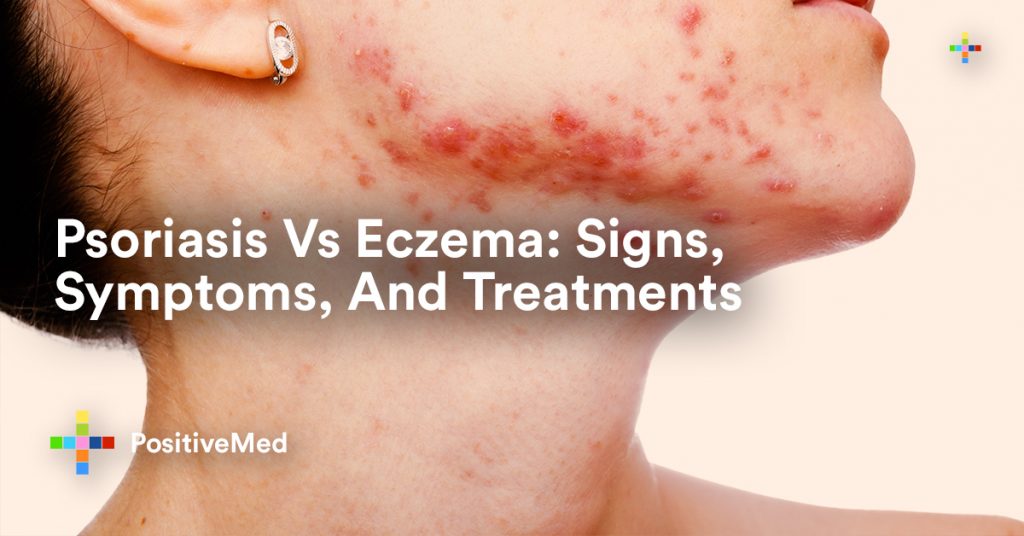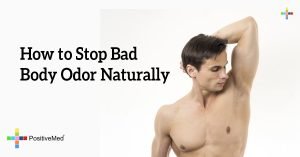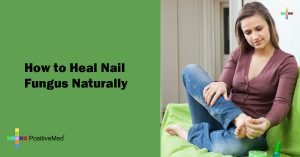Skin issue can be annoying for a few people while debilitating for others. Psoriasis and Eczema are more common than people think. There are many who suffer from these skin conditions. However, many of us fail to realize how common it is as people often cover themselves up and hide their symptoms. Psoriasis and dermatitis can influence individuals’ daily lives and schedules. A few people get it so terrible that they are hesitant to go out in a crowd.

Skin issues may frequently be difficult to tell apart, and this makes it harder to treat them in a right way and end your pain. Let us compare psoriasis and eczema as two of the most well-known conditions that are hard to differentiate keeping in mind the end goal to know how to tackle them.
Before starting up with differences, let’s begin by discussing the definitions
Psoriasis is a never-ending problem that produces thick, pinkish red, infected areas of skin secured with white or glossy scales. The rash occurs on the knees, lower back, scalp, elbows, and the private parts. It can moreover affect the fingernails.
Eczema is a skin condition that is characterized by the red patches with extreme itching. It is the basic skin condition, which is activated by allergens, irritations, change in temperature, foods, stress and change in hormone levels.
To look at psoriasis and eczema, both are provocative states of the skin that is generally present among various age groups with different causes.
Similarities and differences in symptoms
Both eczema and psoriasis are skin conditions that can shield the skin from seeming smooth and healthy. In any case, there are a few differences that a doctor will use to separate eczema from psoriasis or other skin conditions.
There are five different types of psoriasis. But, the most widely recognized types of psoriasis are plaque psoriasis, which is the form that most obviously takes after eczema.
• Appearance
Psoriasis causes thick, red, and flaky patches. They are generally very much clear.
Eczema causes patches that are red or dark brown or gray in color. They can have a crust on them and leak fluid.
• Location
Eczema has a tendency to show up in the “bends” of the skin, for example, the hoodlums of the elbows and the backs of the knee. Psoriasis can likewise show up on the elbows and knees.
However, both may appear on the face, scalp, or buttocks, most commonly in kids.
• Itching
Itching can be one of the huge contrasts amongst eczema and psoriasis. Psoriasis tends to bring about mellow itching while eczema causes severe itching.
If a person scratches the skin, the outcomes can be sensitive, swollen, and even raw skin. Eczema itching is more horrifying during night.
• Age of occurrence
Kids tend to experience eczema at greater rates than adults. Eczema has a tendency to eczema and psoriasis. But, some youngsters may have flare-ups during puberty.
Whereas, psoriasis commonly creates between the ages of 15 and 35. Babies once in a while have psoriasis.
According to Dermatologist, 1% of kids have psoriasis, while 10% of kids will have eczema.
• Other symptoms
Psoriasis can cause joint firmness and swelling. Also, psoriasis can affect the nails. Eczema does not include these areas, especially for joint swelling.
Treatments for Psoriasis
Certain variables are known to trigger psoriasis episodes or intensify existing psoriasis. Examples include:
• Infections
• Stress
• Abundance of liquor intake
• Cold weather
• Smoking
• Taking certain medicines, for example, lithium and high blood pressure medicines
Keeping the skin clean and moisturized while maintaining a strategic distance from harsh soaps and extremely high temp water can soothe psoriasis inconvenience and diminish any itching.
Mild-to-moderate psoriasis treatmentscan incorporate applying corticosteroids. These medicines are accessible over-the-counter. They work by diminishing irritation and itching. Also, they prevent skin cells from developing too quickly.
Applying moisturizers is useful because it can diminish itching, dryness, and scratching. While it won’t really heal psoriasis, it can lessen the symptoms.
Moderate-to-severe psoriasis can be treated with more grounded pharmaceuticals accessible by medicine. These include:
• Anthralin
• Coal tar
• Salicylic acid
• Synthetic Vitamin D creams and solutions
• Topical retinoids
Like eczema, psoriasis can be treated with light treatment, which is also known as phototherapy. This treatment includes controlled exposure to ultraviolet light, which backs off skin cell turnover and decreases irritation.
If topical treatments don’t work to diminish the incidence of psoriasis, treatments are available by injection. These incorporate cyclosporine, retinoids, methotrexate, and immune-modulating medicines such as etanercept.
Treatment for Eczema
No cure exists for eczema, and the condition can be enduring. It tends to affect kids in more prominent numbers. Kids may “grow out of it” and not experience the condition as they age.
Below are the steps a person can follow to treat eczema are:
• Say no to harsh soaps and fragrance products
• Avoid taking long, hot showers or baths
• Avoid tobacco smoke
• Applying topical corticosteroid creams to infected areas
• Applying an antihistamine cream or taking an antihistamine, for example, diphenhydramine
• Applying cool, wet packs to the skin to abstain from scratching
• Using light treatment to avoid symptoms of excess sun exposure, for example, skin tumor
• Finding a way to lessen worry by practicing relaxation ways like, yoga, Tai chi, or meditation
• Keeping the skin clean, moisturized, and dry can decrease eczema symptoms.
• Avoid going out in hot temperatures as sweat can worsen your symptoms
A life with psoriasis
Although psoriasis goes back and forth after some time, it’s a long-lasting condition. An absence of understanding about psoriasis causes many individuals with this condition to feel confined and excluded. But, the vast majority with psoriasis lead satisfying, active lives.
By spreading the word that psoriasis isn’t infectious and that it’s a constant immune system condition; you can help individuals with psoriasis feel better comprehended and more welcome in the society.
A life with eczema
People with eczema frequently experience symptoms for a long time. The condition can be serious to the point that it confines action. At different circumstances, individuals with eczema scarcely see their condition. Understanding the contrasts amongst psoriasis and eczema can help you recognize and suitably treat your condition.
Hope the article turns beneficial for you! If you liked the article, do share and like. If you have any query or suggestions for us, then do let us know in the comments given below!

Sources:
9 Natural Treatments for Psoriasis
10 Home Remedies for Eczema and Psoriasis Relief
All You Need To Know About Psoriasis
Psoriasis In Children; Help Them To Cope With This
Author Bio:
Alinn Smith is Introvert, Internet trailblazer, blog aficionado, creator, avid thinker and hardcore yogini. Currently she is studying dermatology at the University of California San Francisco (UCSF). She loveto write upon skincare, sustainable living, organic food and healthy life.






